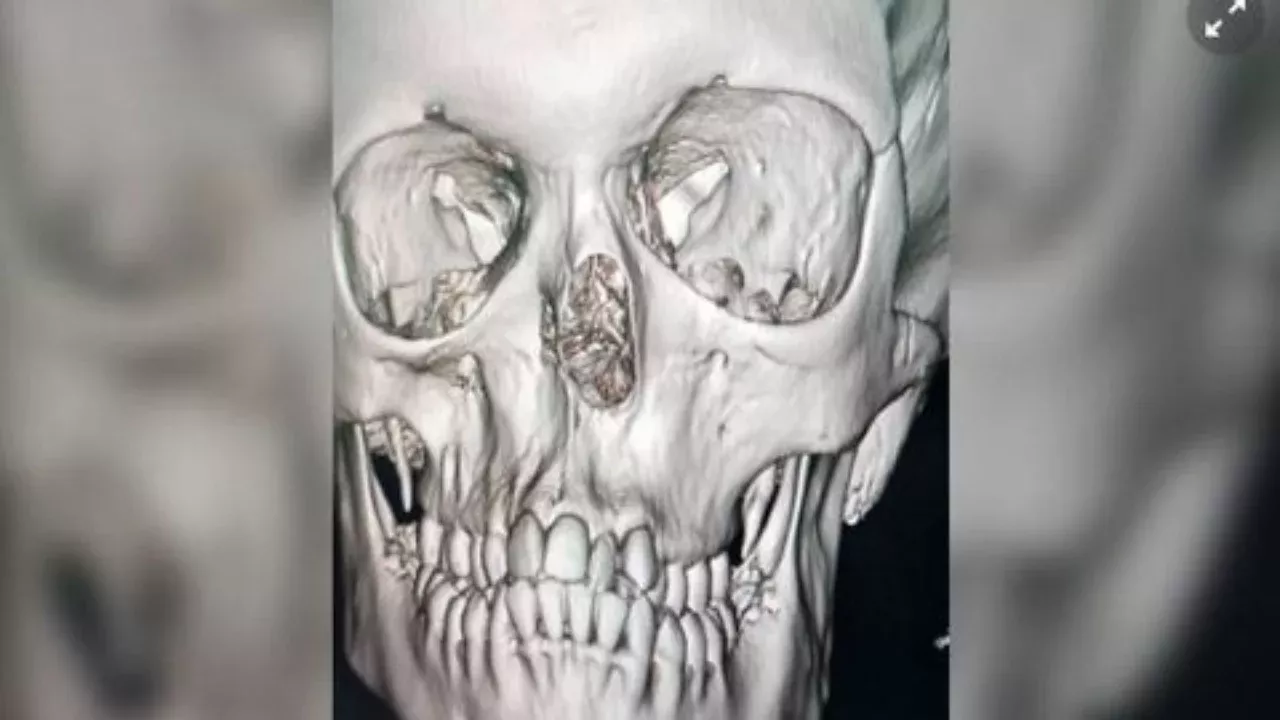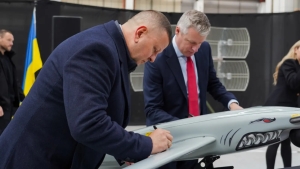Nose reconstructed in Novosibirsk after 14 years

Doctors in the Russian city of Novosibirsk have achieved a major breakthrough in the field of medicine. This was reported by Zamin.uz.
They successfully reconstructed the nose of a girl who had lived without one for 14 years. This was announced by the Novosibirsk Regional Health Ministry.
The girl was born with nasal atresia, a condition that causes the nasal passages and external nose to be completely undeveloped. As a result, she faced difficulties breathing and had low self-confidence due to her appearance.
Thanks to the doctors' many years of hard work and patience, the girl's life has been fundamentally changed. The reconstruction process took several years and involved multiple stages.
The initial surgery was performed when the girl was very young. Each operation lasted several hours, as reconstructing such a delicate organ as the nose is a complex procedure.
According to the ministry, to restore the internal part of the nose, fascia was taken from the patient's chin area, and a free skin graft was transplanted. On this basis, the nasal passages were recreated.
In the next stage, the external nose was formed. Tendons were taken from the patient's ribs to create a strong support, which was used as the foundation for the new nose shape.
In the third stage, skin taken from above the ear and cartilage from the temple were used to reconstruct the external part of the nose with a natural appearance. According to surgeon Mikhail Kolibelkin, the girl can now breathe freely and live confidently in society.
Her new nose has a natural look, and she no longer feels ashamed of her appearance. This case demonstrates that reconstructive surgery not only improves a person's external appearance but also enhances their quality of life.
Recently, such achievements in medicine have been increasing. It was reported that doctors from Uzbekistan successfully removed a dangerous tumor from the brain of a 7-year-old girl.
Although the child's mother was initially told she had "at most six months to live," local specialists managed to save the infant's life. Such procedures confirm once again the development of medicine and its importance in preserving human life.







